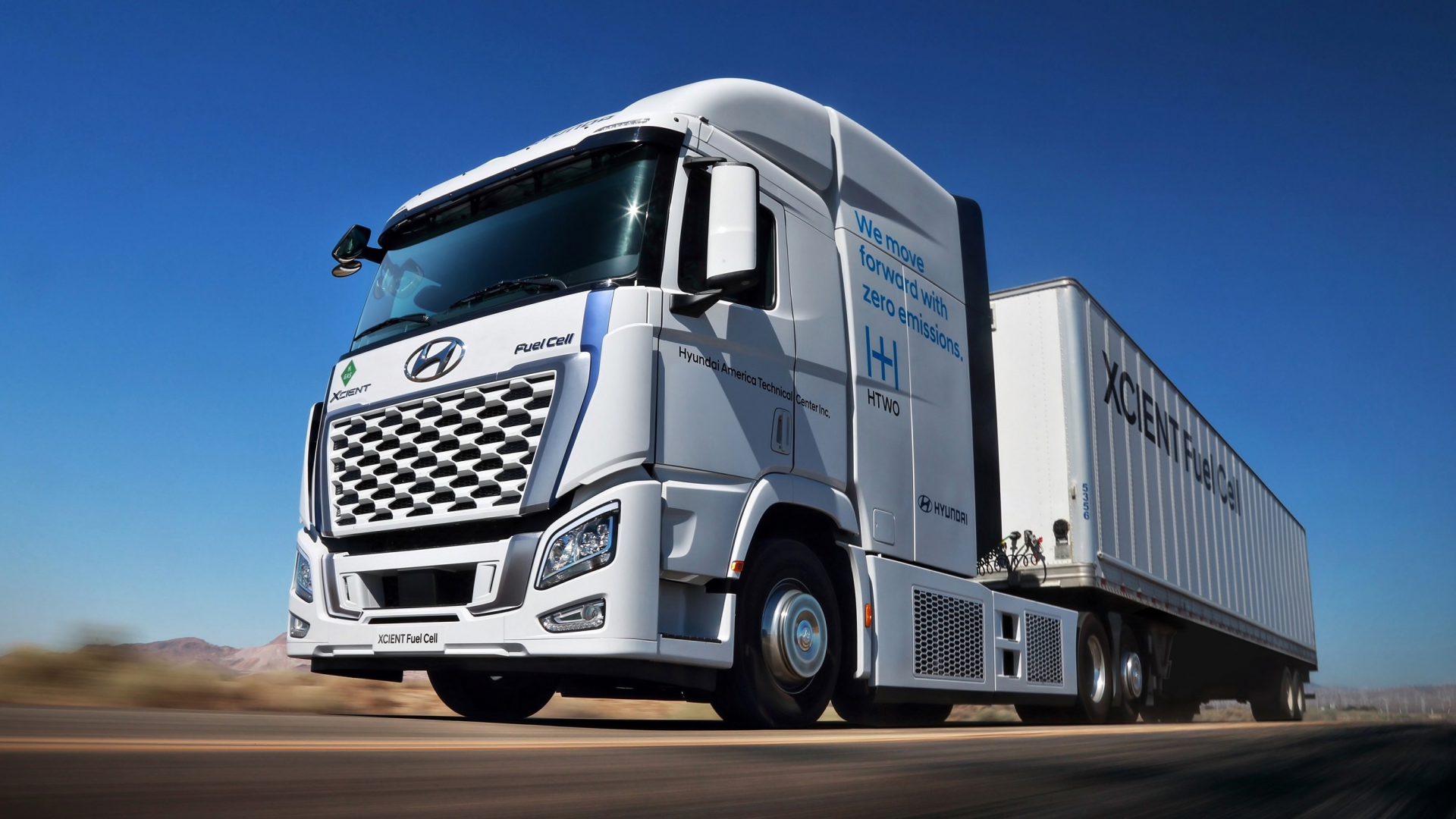
Hyundai will stop selling ICE vehicles in Europe by 2035
In addition to the statement regarding 2035, Hyundai is also committed to achieve carbon neutrality by the year 2045. The company's strategy is based on 3 main pillars, such as clean mobility, next-generation platforms and green energy.
Hyundai will stop selling ICE vehicles in Europe by 2035
Hyundai will stop selling vehicles equipped with internal combustion engines in Europe by 2035. That’s what the global manufacturer stated during its participation in IAA Mobility 2021 in Munich. Hyundai, which has light commercial vehicles and trucks in its portfolio, is not at all the first manufacturer capable to make such announcements as, for instance, Stellantis and Mercedes stated something similar a few months ago. News like these show the commitment of some of the major global companies in order to achieve the ambitious targets outlined, on a European scale, by the renowned Fit for 55 program unveiled in July.

Hyundai 2035 strategy is based on three main pillars
In addition to the statement regarding 2035, Hyundai is also committed to achieve carbon neutrality by the year 2045. The company’s strategy is based on 3 main pillars, such as clean mobility, next-generation platforms and green energy. As for the first pillar, by 2030, Hyundai aims to secure 30 percent of its global vehicles sales with zero-emission vehicles (ZEVs). By 2040, the company expects that battery electric vehicles (BEVs) and Fuel Cell Electric Vehicles (FCEVs) will account for 80 percent of its total fleet sales.
Talking about hydrogen, Hyundai Motor has invested in hydrogen fuel cell technology for more than 20 years. As a matter of fact, last year, the company delivered XCIENT Fuel Cell, the world’s first mass-produced, fuel cell electric heavy-duty truck, to customers in Switzerland. Some more important steps have been taken in the passenger car sector.

